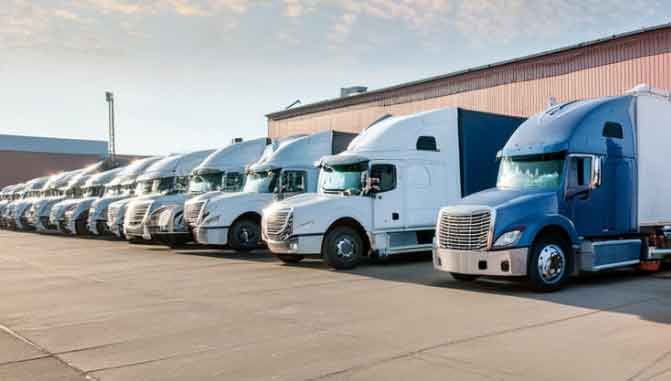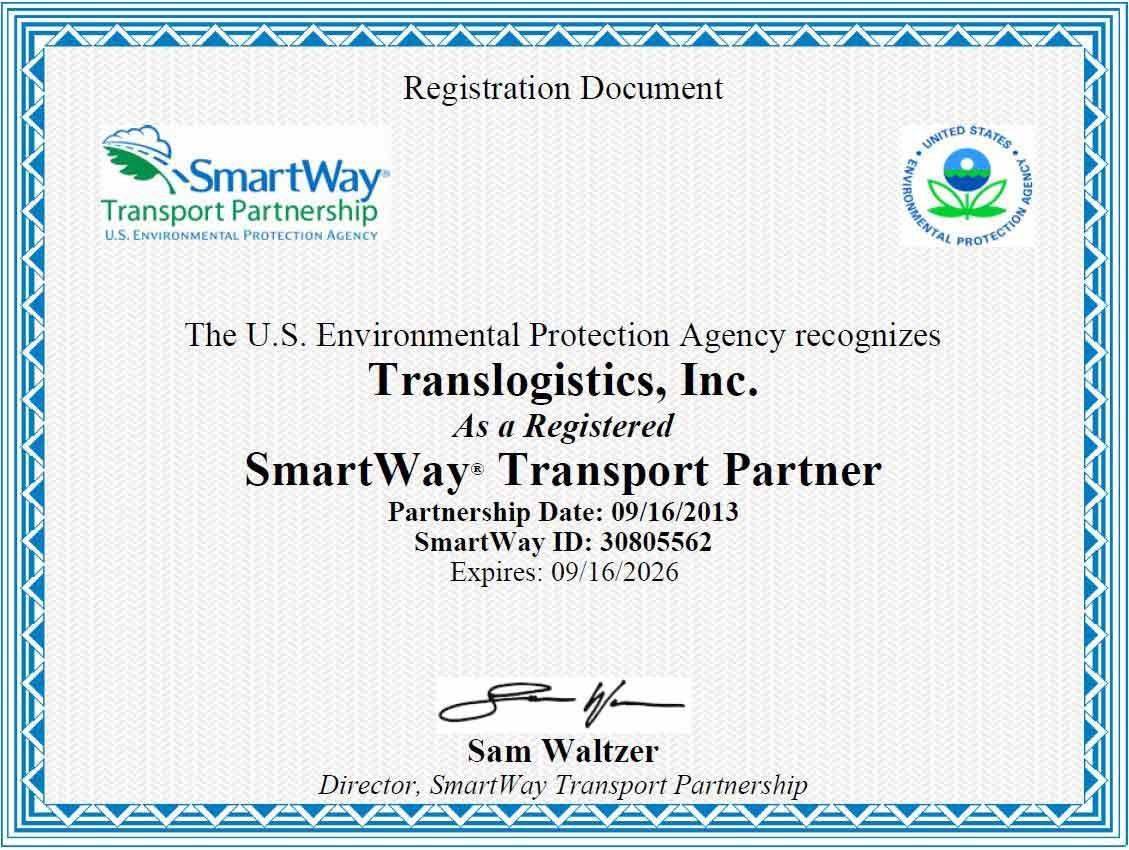Uyghur Forced Labor Prevention Act (UFLPA)
U.S. Customs Border Protection (CBP) Requirement - China Postal Codes

Beginning on March 18, 2023, U.S. Customs and Border Protection (CBP) will deploy a new requirement for all U.S. importers under the Uyghur Forced Labor Prevention Act (UFLPA) that will trigger an early notification that goods may have been produced in the Xinjiang Uyghur Autonomous Region (XUAR) which would be subject to UFLPA restrictions.
Why is CBP checking postal codes?
UFLPA establishes a rebuttable presumption that the importation of any goods, wares, articles, and merchandise mined, produced, or manufactured wholly or in part in Xinjiang, or mined, produced, or manufactured by certain entities on the UFLPA Entity List, are prohibited from entry into the United States. On March 18, CBP will begin to use the postal code in the MID number transmitted at the time of entry to determine whether goods might be detained upon arrival under UFLPA. If the postal code transmitted is located in Xinjiang province, the goods will be detained. If an invalid postal code is transmitted, or the postal code is missing, the goods will not be released until a valid code is provided to CBP.
The three new validations are:
- Postal code will be a required field.
- Entries will receive an error message if the postal code provided is not a valid Chinese postal code.
- Entries will receive a warning message when a Uyghur region postal code has been provided.
We encourage importers to work with their suppliers in China and other countries to ensure that the full name and address (with Chinese postal code) of the actual Chinese manufacturer is shown on shipping documents.
What do importers need to do?
- Vet your suppliers to ensure you are not importing goods that originate in Xinjiang province. If you do, the goods will be detained upon arrival in the U.S.
- Communicate with your suppliers located in China. Be sure they understand that a valid postal code must be listed on all commercial documents as part of their complete address in China. And they must provide their valid China postal code to the freight forwarder or steamship line when booking cargo.
For additional information, visit the CBP's National Development & Deployment Schedule for Automated Commercial Environment (ACE). Read further in the Trade User Information Notice.
The China postal code listed on your commercial documents and in booking information provided to your logistics partners in China will be shared with your Customs broker for entry purposes. It’s critical that the data provided is accurate to avoid costly delays and detention of your merchandise by the CBP.
TLI Insights
Get the latest logistics insights and tips from TLI's award-winning team. Stay ahead in transportation planning.
Questions? Email us at marketing@shiptli.com



